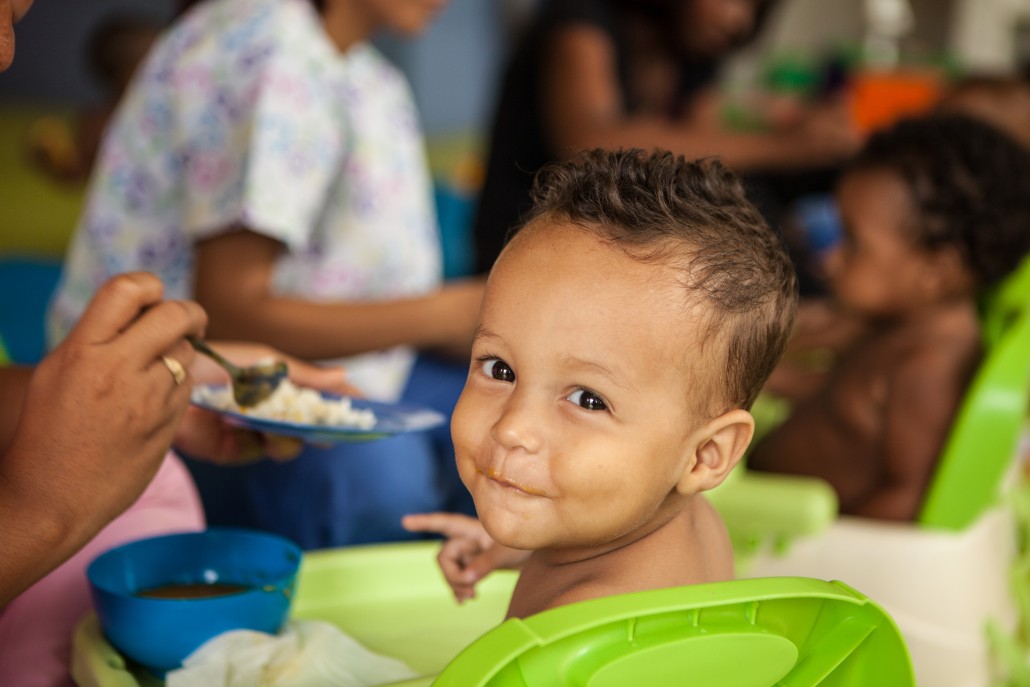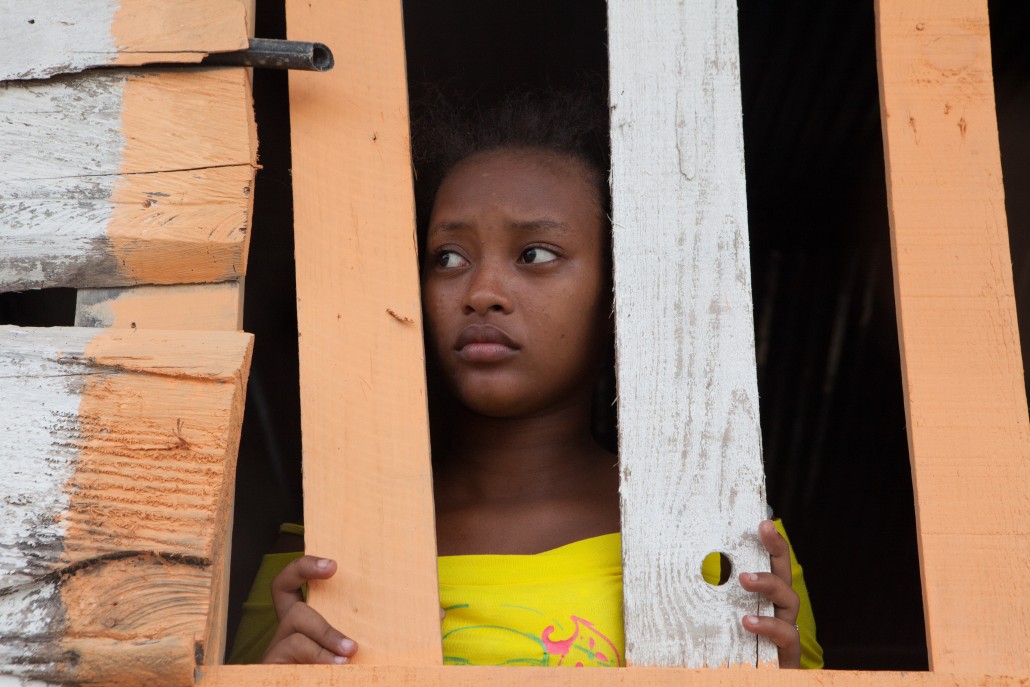Tackling Poverty in Colombia
My name is Catalina Escobar. I was born and raised in Colombia, a country typically violent with great social despair. I was very fortunate to grow up in a family where my brother and I were raised with love, respect, equal opportunities and where education was one of the main pillars. I studied in Europe, Japan and in the U.S., and speak three languages. Despite my traveling, I was always aware of what was going on in my country and constantly thought of going back to help in some way. The news was always bad: how drug lords were infiltrating the government, guerrillas killing famers and burning the country’s infrastructure, people being forcibly displaced, growing extreme poverty, corruption and, of course, all of the gender violence and inequality one can possibly imagine.
When I returned to Colombia, I started working in banking. I was in the private sector with many personal aspirations, but I was always trying to give back to society by making donations and by volunteering in some initiatives. Soon I got married and started a family. In 1998, with our first child, we moved to my husband’s hometown of Cartagena for about three years.
Cartagena is a beautiful city located in the northern part of Colombia along the Caribbean Sea, very wealthy indeed in some parts but, without a doubt, one of the cities in the country that has the greatest social disparity: 68% of the population is under the poverty line, and of those 29% in utter misery.
By the end of the year 2000, I was personally affected by the deaths of two babies, changing the course of my life. I was a volunteer at the Rafael Calvo Maternity Hospital twice a week, the biggest hospital in town – 50% of the population is born there, all of them poor. During one of my visits, a newborn baby passed away in my arms. It was a preventable death. That life could have been saved with the $30 I had in my pocket; her teen mother couldn’t raise the money to cover the baby’s treatment. A week later my own second son, Juan Felipe, who was only 16 months old, died from an accident when he fell from an eighth-floor balcony. Broken hearted, I decided to take action so that no mother would have to feel such grief, just because she didn’t have the money to save her children.
With these two incidents, I decided to sell my small company and found the Juan Felipe Escobar Foundation (JuanFe) with two main purposes: to save children’s lives and to work with teen mothers who live in extreme poverty, by providing opportunities so they can overcome poverty traps such as unwanted pregnancies, lack of real economic opportunities, lack of quality education, lack of proper access to healthcare, domestic and sexual violence, and gender discrimination.
All of my talents and energy were focused on two objectives: create real social transformation and impact, and to create an organization that is both sustainable and replicable overtime. I knew the problem was enormous. I knew that I was going to face many barriers, from violence in the communities to fundraising, but I wasn’t afraid.
The JuanFe Foundation was conceived since the beginning as an organization that would always target the critical factors of poverty. In the first eight years of operation, we reduced the total infant mortality rate in the city by 81% from when it was the highest in the country, saving the lives of more than 3,500 babies. By the year 2000, approximately 50 children in Cartagena would not survive to the age of five (per 1,000 live births); by the end of 2009, that number decreased to about 11. In targeting just one hospital, the Rafael Calvo, we created high social impact. Eventually we realized there was a major underlying problem here: all these babies were trapped in poverty, because their mothers were trapped in poverty. 30% of women who give birth in Cartagena are teenagers, and the vast majority of them are from marginalized communities. It took us almost seven years to develop what we call the “360 Degree Intervention Model” in order to break the cycle of poverty, which includes access to healthcare, psychological and emotional counseling, and skills training for productive activities.
Like many of the developing countries that face violence and poverty, women and girls are the main target for abuse. A poor girl is more likely to either be recruited by the guerrillas, become a sexual slave for the paramilitaries, be sexually abused, become pregnant at early age, suffer from malnutrition, become a victim of physical violence, or all of the above.
That’s why every time I see one of my girls fulfilling her dreams by graduating from our program, having a responsible sex-life, being employed, earning a decent and stable income, breaking those chains of poverty, I feel like the proudest mom ever. All of the 2,800 girls we have worked with are my daughters.
In the last quarter century there has been a lot of positive change for women and girls around the world, and gradually organizations have realized that gender equality is the best instrument for development. More and more, studies prove that investing in education and development for women is not only the right thing to do, but also a long-term investment. After 14 years in this field, I have seen young women move forward with the full conviction that they are key agents of change, and that it is the right and obligation for every society to make women and girls a priority.
About the blogger:
Catalina Escobar is the founder of the Juan Felipe Gomez Escobar Foundation. Her active participation in this field has made her a well-recognized social entrepreneur in Colombia. She has been recognized by different financial and business magazines in the country and has been acknowledged as as one of the most Successful Young Leaders (Revista Dinero, 2003), Colombian Social Innovators (Revista Poder, 2008), and as one of the Main Leaders in Colombia of 2011 (Revista Gerente). The Colombian President, Juan Manuel Santos, honored Catalina with the National Merit Order Award in 2011. In 2012 she was part of the Fortune/U.S. State Department Global Women´s Partnership, and she became a Top 10 CNN Heroes. The following year, Women’s eNews recognized her as one of the 21 Leaders for the 21st Century in the U.S. Additionally in August 2013, Catalina became one of the 10 Best Colombian Leaders by Revista Semana, and she is currently an Ashoka Fellow.



